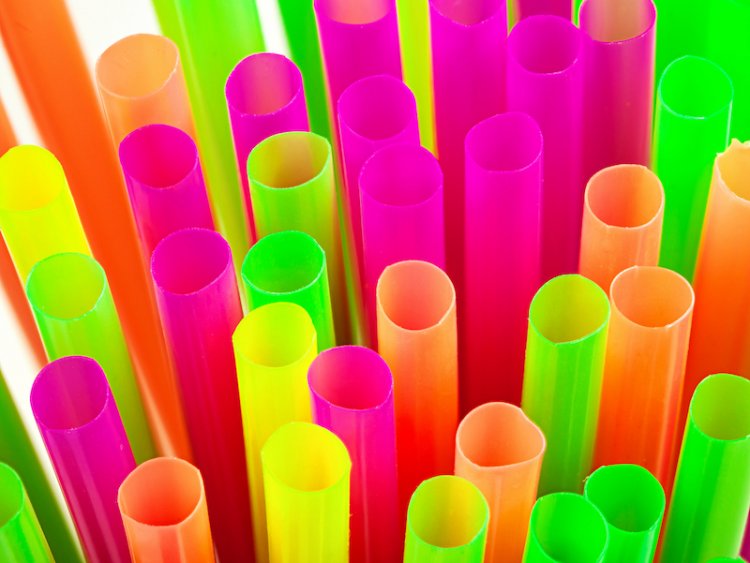England's Single-Use Plastic Ban: What's In and What's Out?
Discover England's latest move to combat plastic pollution with a new ban on single-use plastic items. Learn what's included, what's exempt, and the impact on businesses and the environment. Stay informed about the evolving fight against plastic waste.

In a significant move to combat plastic pollution, England has implemented a new ban on various single-use plastic items. As the world grapples with the environmental repercussions of disposable plastics, this ban aims to take a stride towards a cleaner and more sustainable future. Let's dive into the details of what this ban includes and its potential impact.
What's Included in the Ban?
As of October 1, 2023, businesses such as shops, restaurants, and takeaways are prohibited from supplying, selling, or offering certain single-use plastic items to customers. This ban covers a wide range of items, including plastic cutlery, polystyrene cups, food containers, and even balloon sticks. Notably, it encompasses all types of single-use plastic, including biodegradable, compostable, and recycled materials. Businesses are expected to comply with these new regulations, and failure to do so could result in fines and criminal charges.
Single-Use Plastics Facing Restrictions
Single-use plastic plates, trays, and bowls also face restrictions, but takeaways can still use containers, trays, and wraps if they are pre-filled or filled at the point of sale. Shelf-ready pre-packaged food items, however, remain excluded from the rules.
Furthermore, retailers can still provide polystyrene lids for coffee cups, as long as the cups themselves are not made from this material. This ban builds upon previous restrictions on single-use plastic straws, stirrers, and cotton buds that were introduced in 2022.
The Environmental Imperative
England's annual consumption of single-use cutlery and plates is staggering, estimated at 2.7 billion pieces and 721 million pieces, respectively. That's approximately 37 pieces of cutlery and 18 plates per person. Shockingly, only 10% of these items are currently recycled, leaving the majority to languish in landfills for hundreds of years before degrading. This ban aims to alter these statistics and safeguard the environment from further plastic pollution.
Environment Minister Rebecca Pow sees this ban as a crucial step in the fight against harmful waste. It aligns with the government's ambition to eliminate all "avoidable plastic waste" by 2042. Scotland introduced a similar policy last year, and Wales is poised to follow suit later this month. With mounting public support for such measures and an increasing global focus on environmental conservation, these regulations reflect a growing commitment to reducing plastic waste and its detrimental effects on our planet.
Conclusion
In conclusion, England's new ban on single-use plastic is a pivotal development in the ongoing effort to address plastic pollution and promote sustainable living. By restricting the use of items like plastic cutlery and polystyrene cups, the government aims to protect the environment, reduce litter, and safeguard wildlife. As public awareness and support for eco-conscious practices continue to grow, such measures mark an essential step toward a plastic-free future. This green leap forward is a promising sign for the fight against plastic pollution and a cleaner, more sustainable world.







